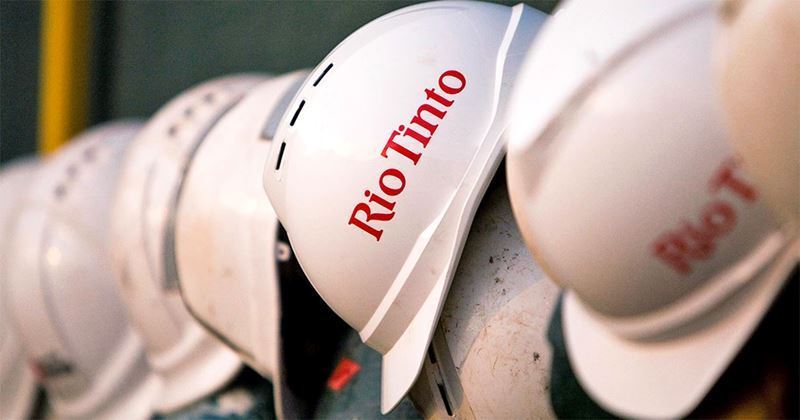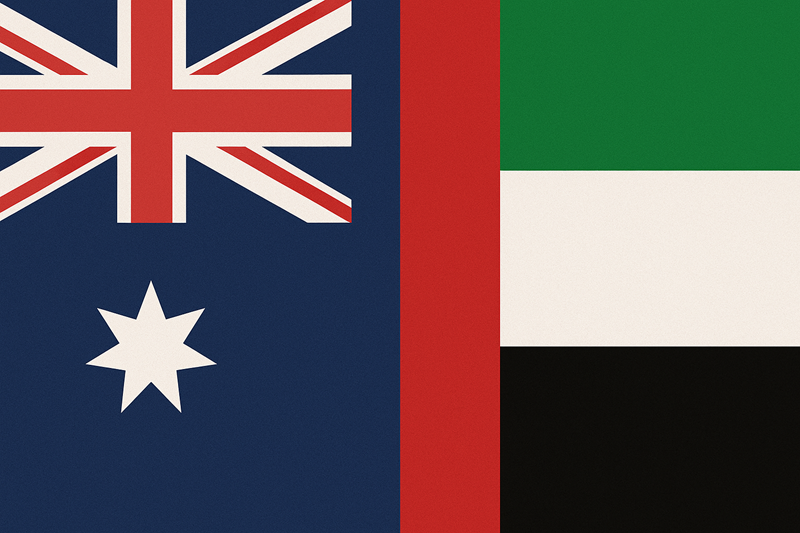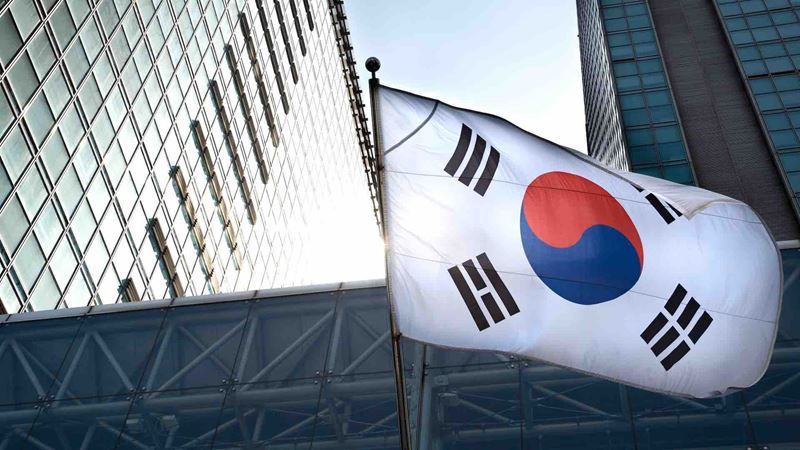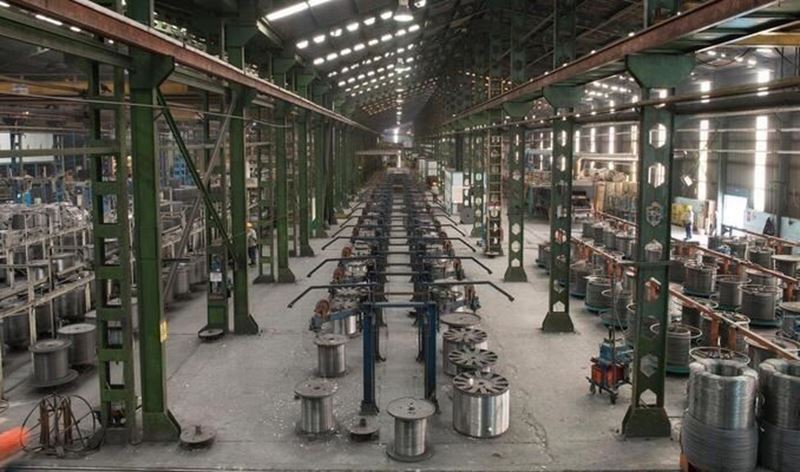Economic recovery in the Eurozone remains uncertain. The S&P Global Composite Purchasing Managers' Index (PMI) stood at 50.2 in February, staying above the critical 50 threshold but falling short of market expectations of 50.5.
Cyrus de la Rubia, an economist at Hamburg Commercial Bank, stated that the PMI figures do not indicate a recovery. "The stagnation in the manufacturing sector is only barely offset by modest growth in the services sector," he commented.
Factors Weighing on the European Economy
Economic growth in the Eurozone is struggling due to political uncertainty in its two largest economies, Germany and France, the ongoing war in Ukraine, and the persistent threat of U.S. trade tariffs. Recently, former U.S. President Donald Trump added to market concerns by signaling a weaker commitment to European defense in the future.
Germany Shows Optimism, France Struggles
In Germany, expectations surrounding the upcoming elections have provided a boost to business sentiment. Conservative leader Friedrich Merz’s promises to cut bureaucracy and stimulate investment have lifted market confidence, helping Germany’s composite PMI rise to 51, surpassing forecasts.
In contrast, France’s economic outlook remains weak. The country’s PMI fell to 44.5, significantly below the expected 47.6, signaling ongoing contraction in the French economy.
Since June, Eurozone PMI figures have hovered around the 50 mark. While the European Central Bank’s interest rate cuts have helped prevent a further decline, the long-anticipated recovery in consumer spending and corporate investment has yet to materialize. Inflation, however, is expected to return to 2% this year.











Comments
No comment yet.